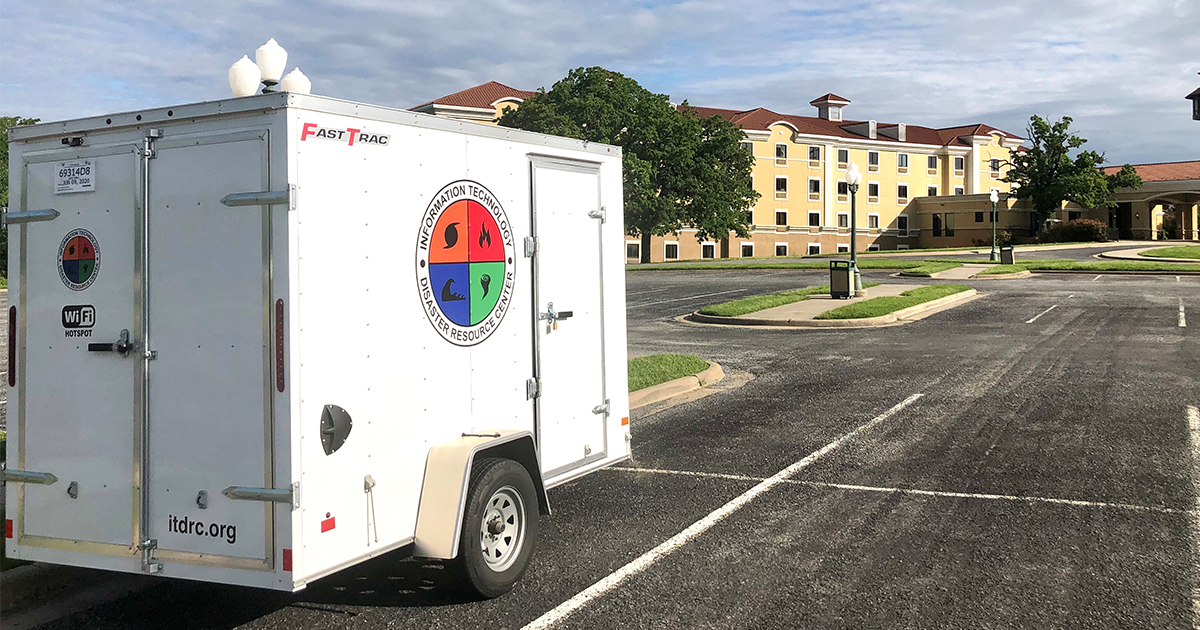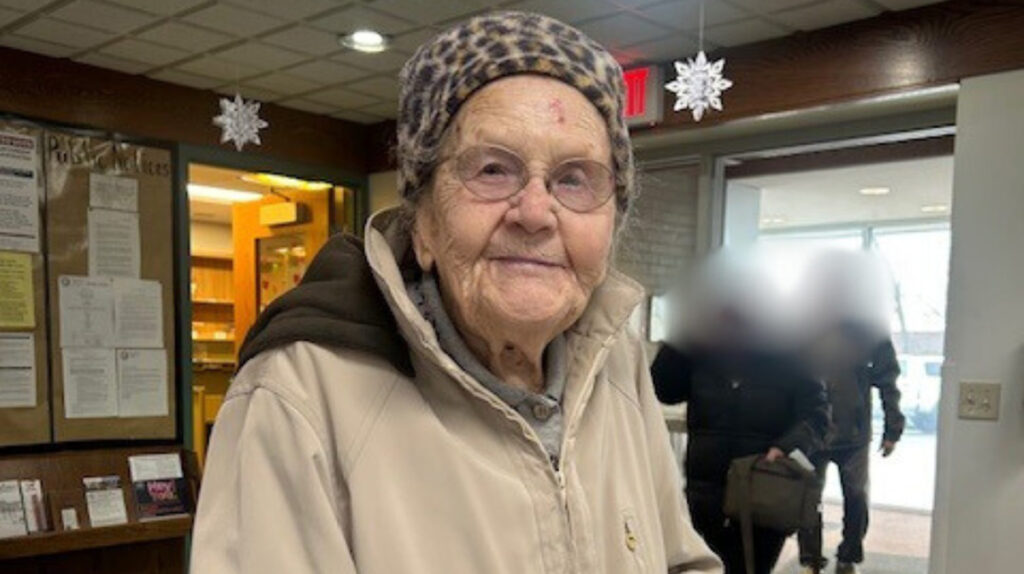With schools and businesses moving online in the wake of the coronavirus pandemic, internet access is more essential than ever—but millions of Americans lack broadband at home. Libraries, which have long worked to bridge the digital divide for all, have found creative ways to keep their communities connected even after closing their doors to the public, including sending bookmobiles equipped with Wi-Fi hotspots out into their community. These hotspots allow locals to utilize much-needed internet access while maintaining social distancing.
Virginia’s Williamsburg Regional Library has been parking their bookmobile outside schools, grocery stores, and community centers so that locals can connect to their Wi-Fi hotspots from their cars. Anyone can connect to their wireless network for free from up to 30 feet away. “We really feel like Wi-Fi access is an essential service, especially now, because people are trying to access some of the online resources that are available to them,” Sandy Tower, the Williamsburg Regional Library’s Assistant Library Director, told WTKR. “Our school division estimates that 10 to 15 percent of their students do not have reliable internet access at home.”
The Topeka and Shawnee County Public Library has also repurposed bookmobiles as Wi-Fi hotspots, stationing them at a local mobile home park as well as a correctional facility. “One issue that has become apparent in light of our current circumstances is the lack of fast and affordable community broadband,” the library’s CEO Gina Millsap said in a news release. “These days having internet access is as important as electricity and other utilities and with so many students and parents working from home, the library is making this need a priority.”
Pottsboro Area Library in Texas has placed a trailer with a Wi-Fi hotspot in the parking lot of a local hotel through a partnership with Gigabit Libraries and the Information Technology Disaster Resource Center. The hotel is outside Pottsboro city limits, and many of the residents living in apartments nearby lack home internet access, either for economic reasons or due to a lack of broadband infrastructure. “Lack of access to broadband in rural communities has become impossible to ignore since sheltering in place started. Even those of us who had acceptable internet previously, find it slowed to a crawl now that so many people are home using it,” Dianne Connery, Pottsboro Area Library Director, told I Love Libraries. “The challenge of transitioning to distance learning will be helped tremendously by this service.”
April 22 is National Bookmobile Day, which is part of National Library Week. Visit the National Library Week webpage to learn how to participate.



